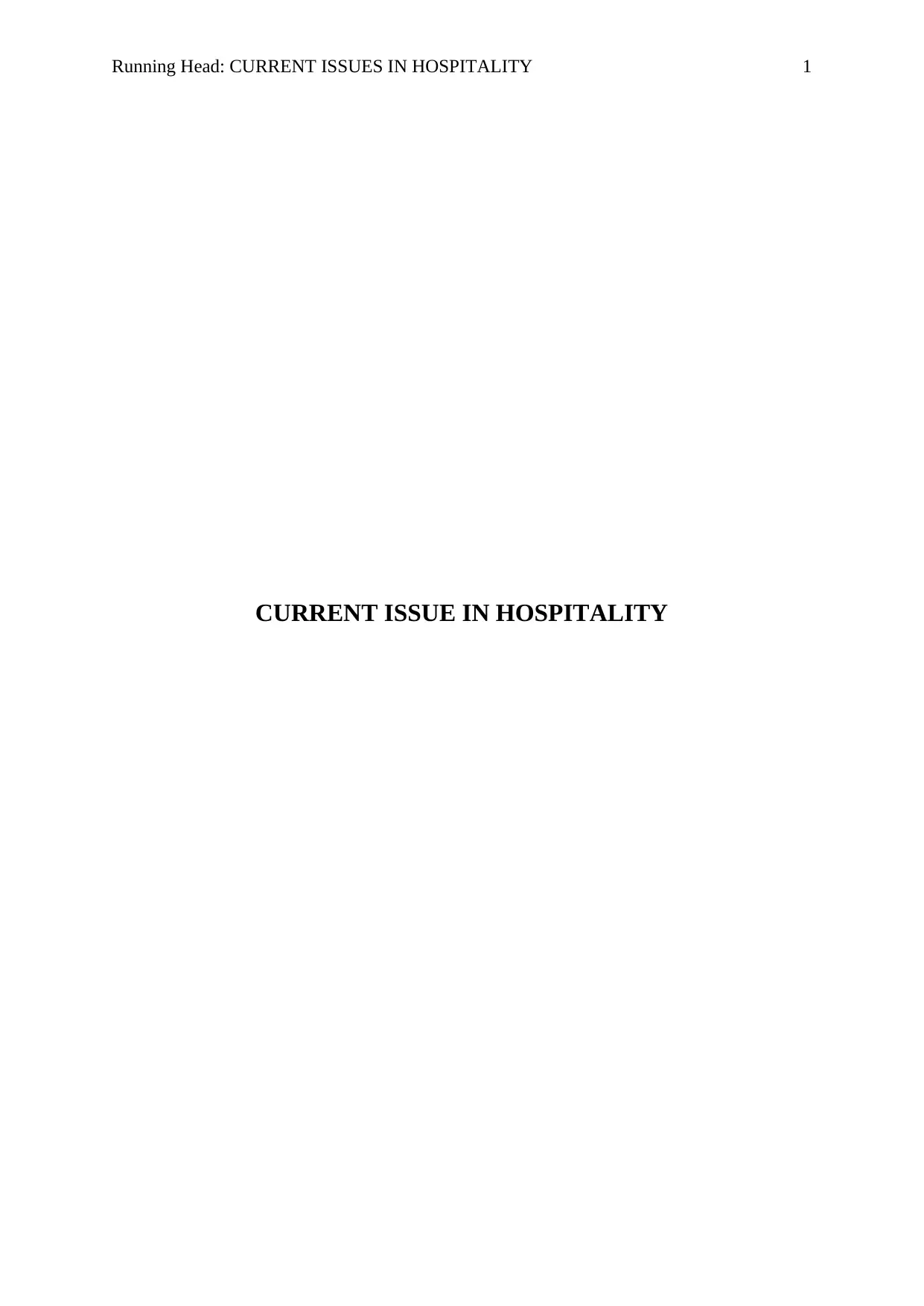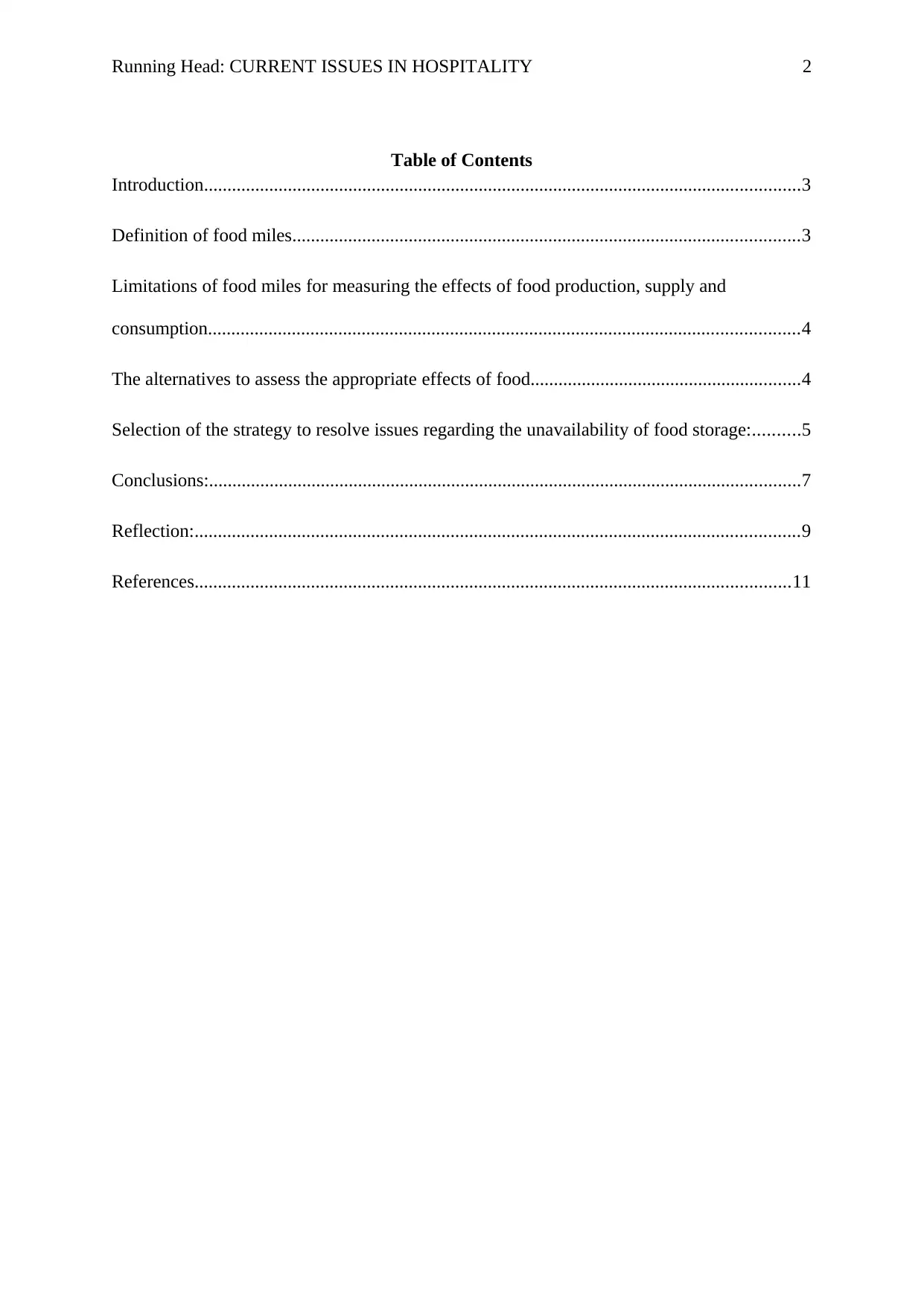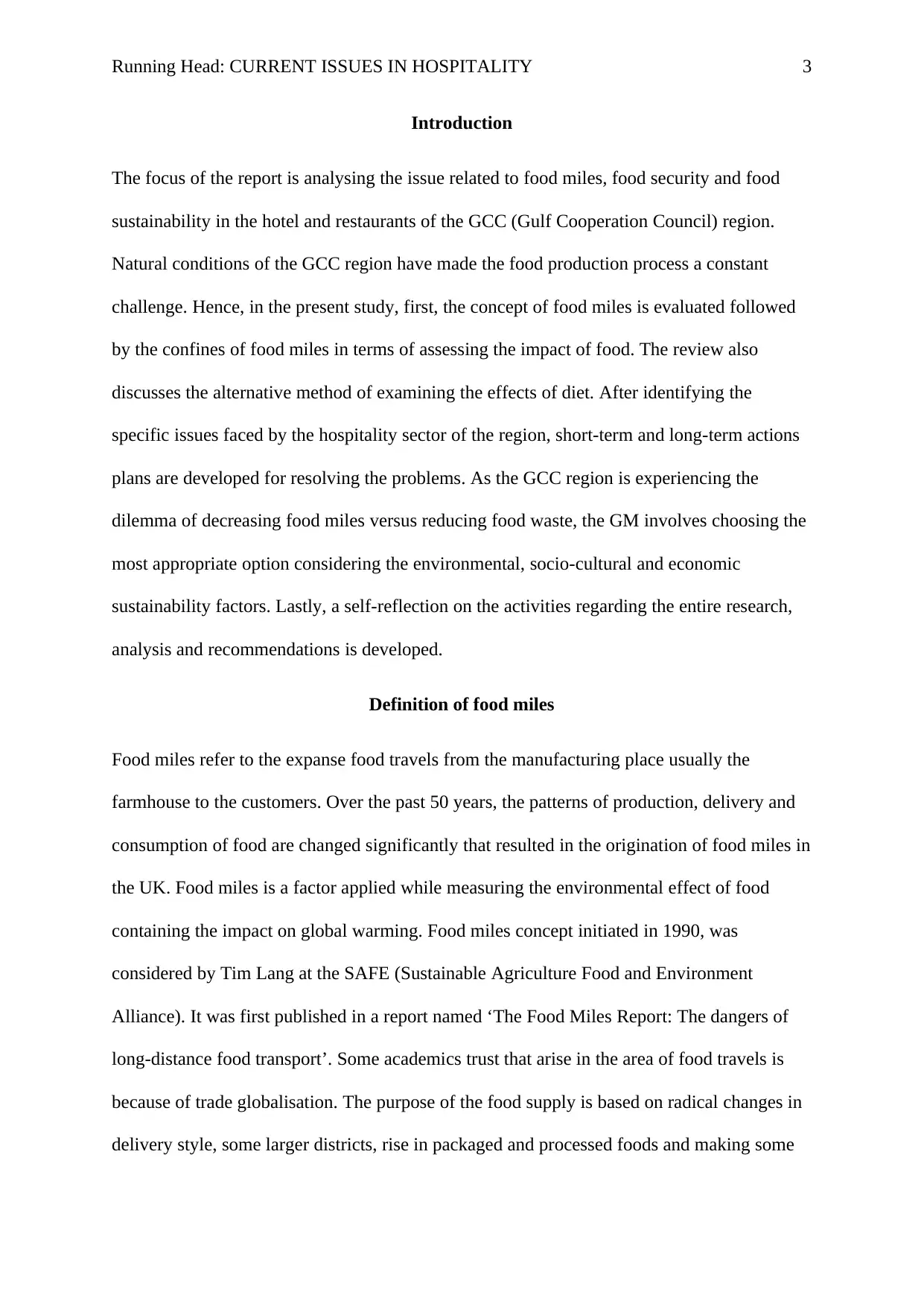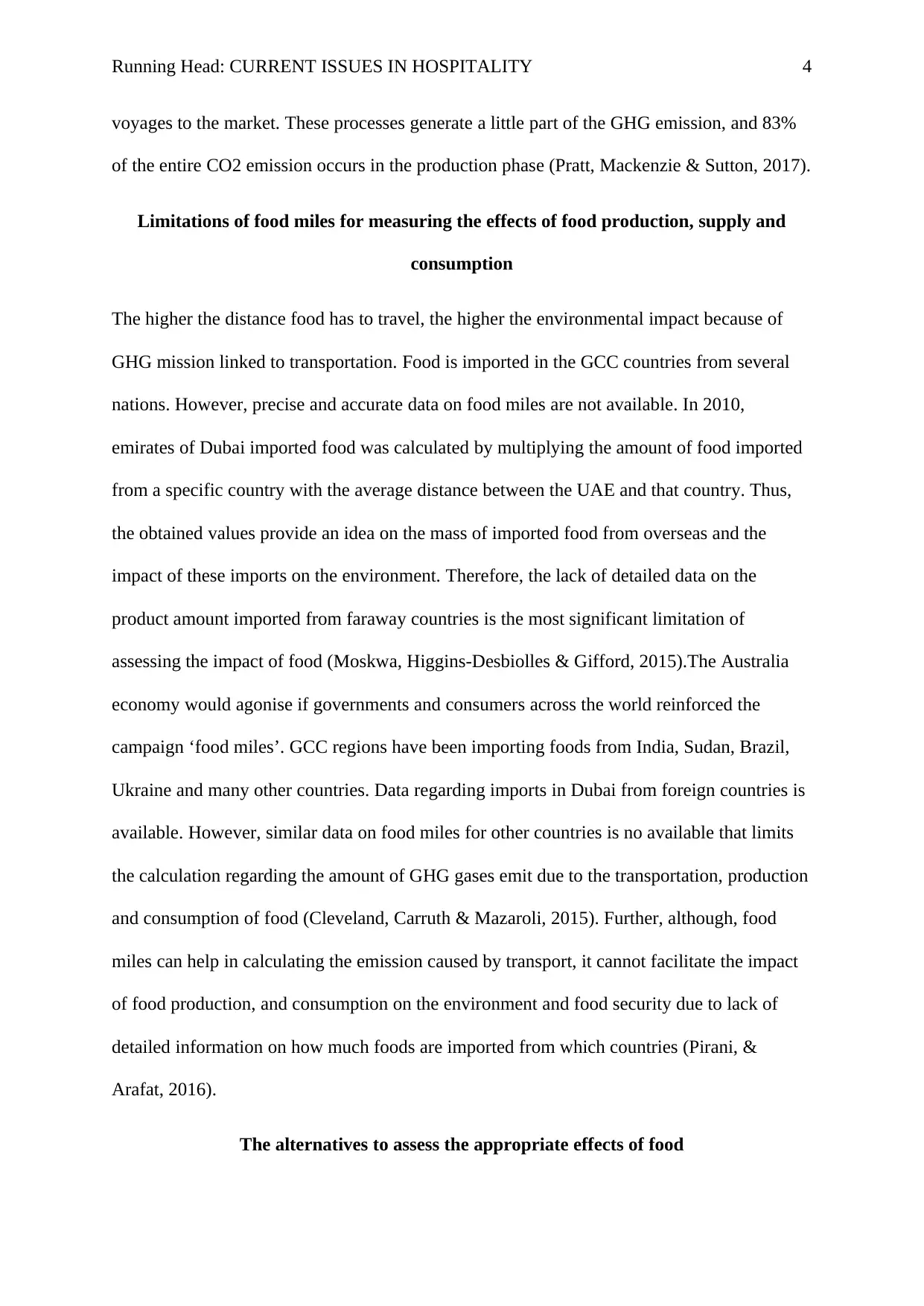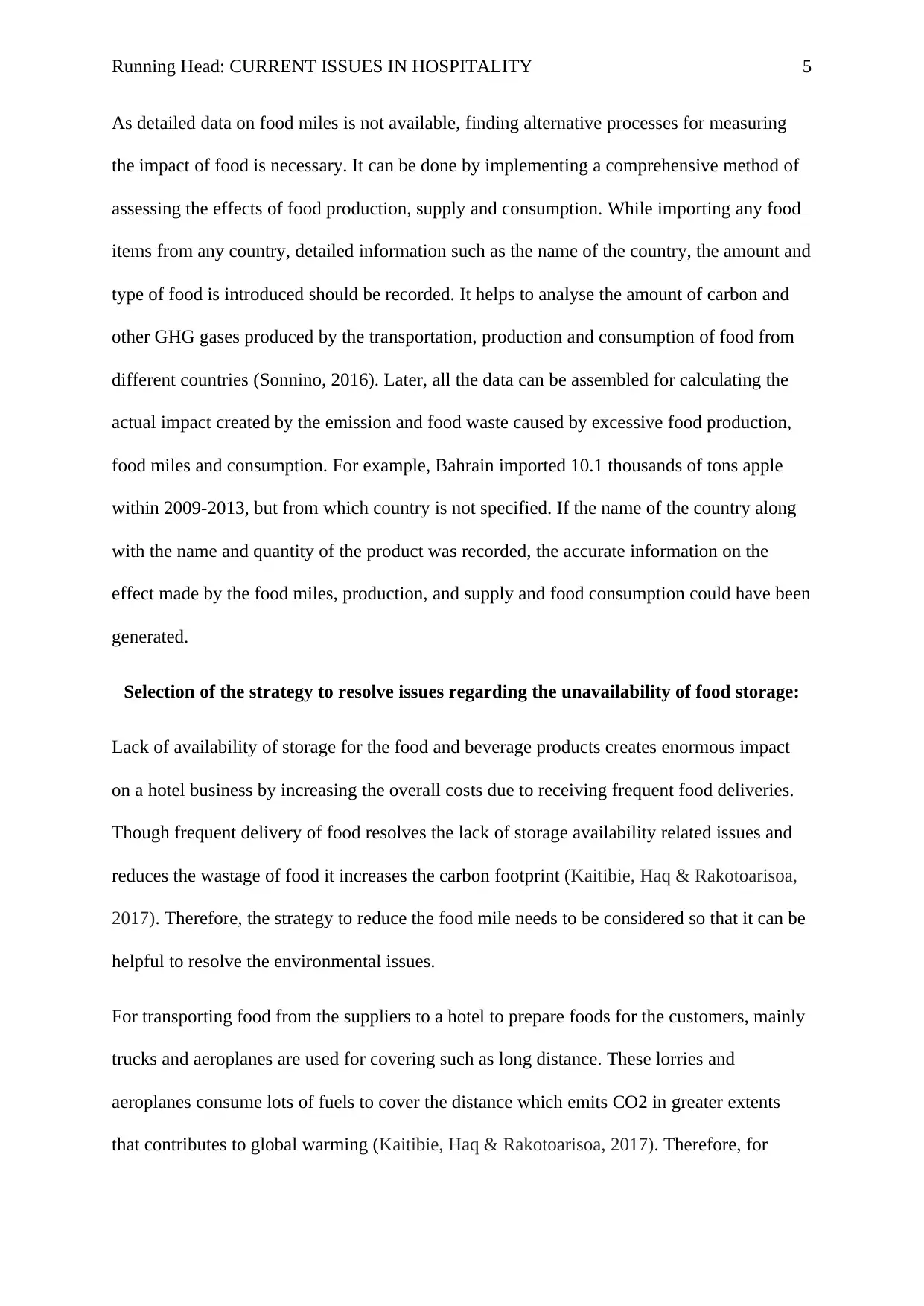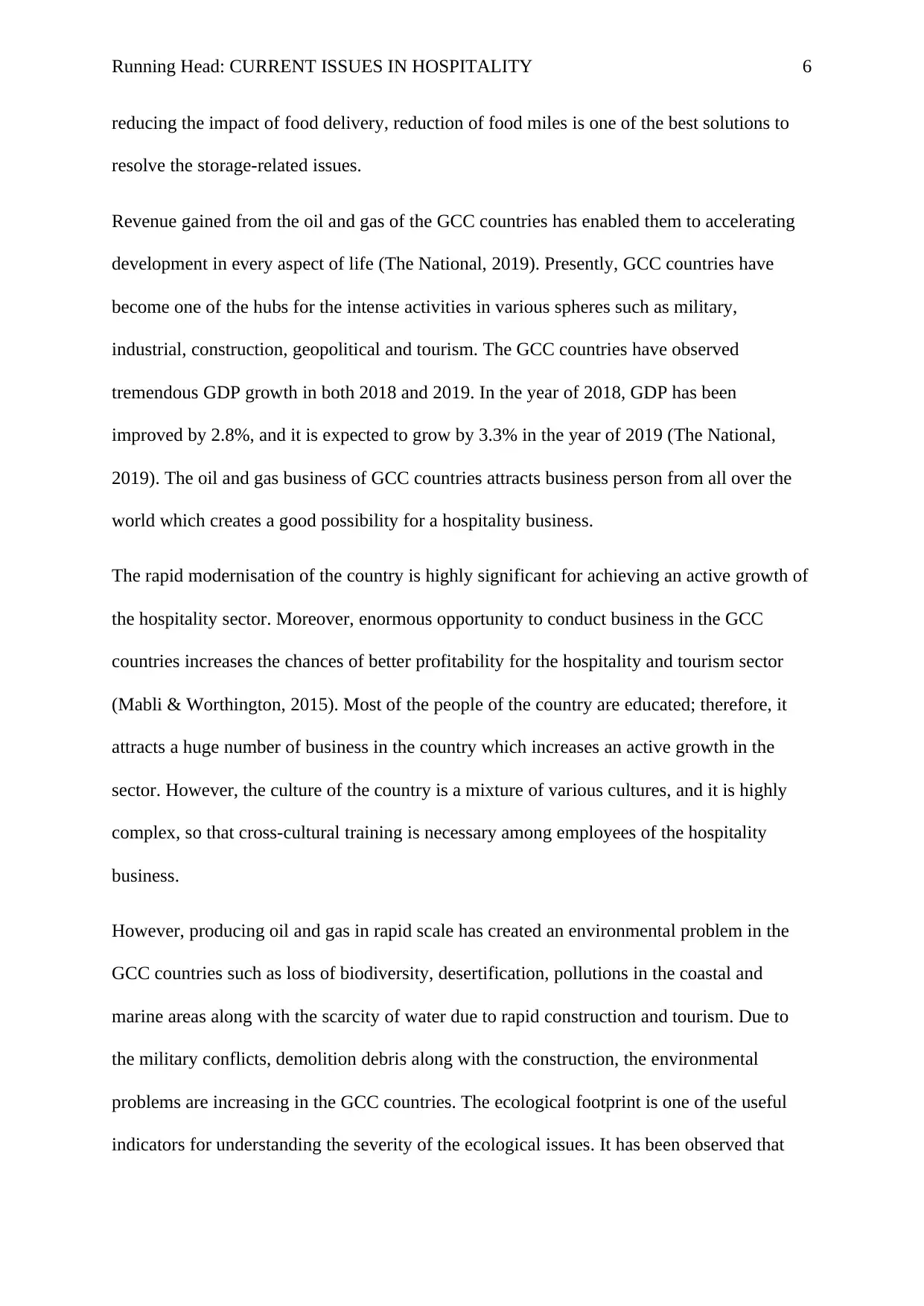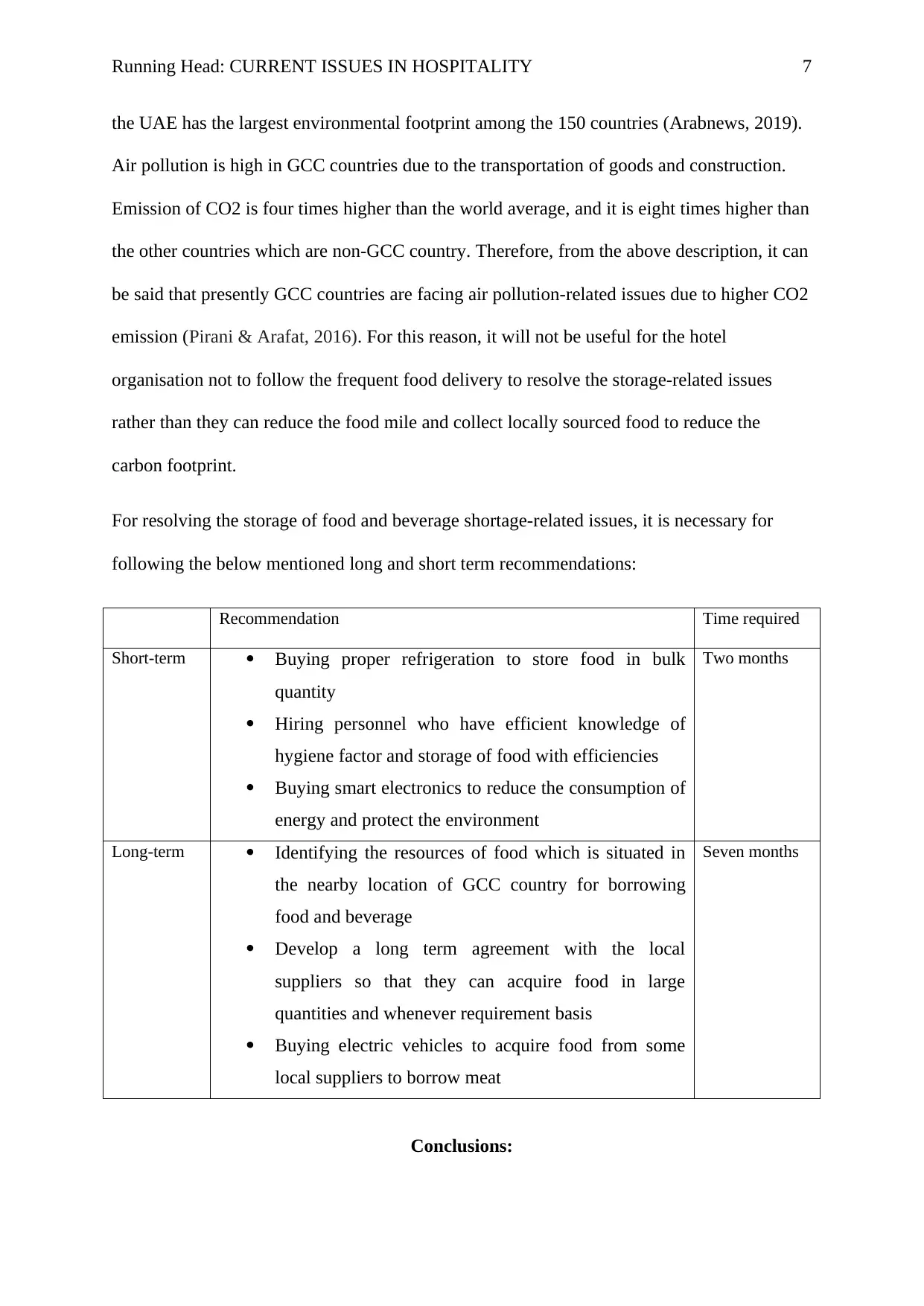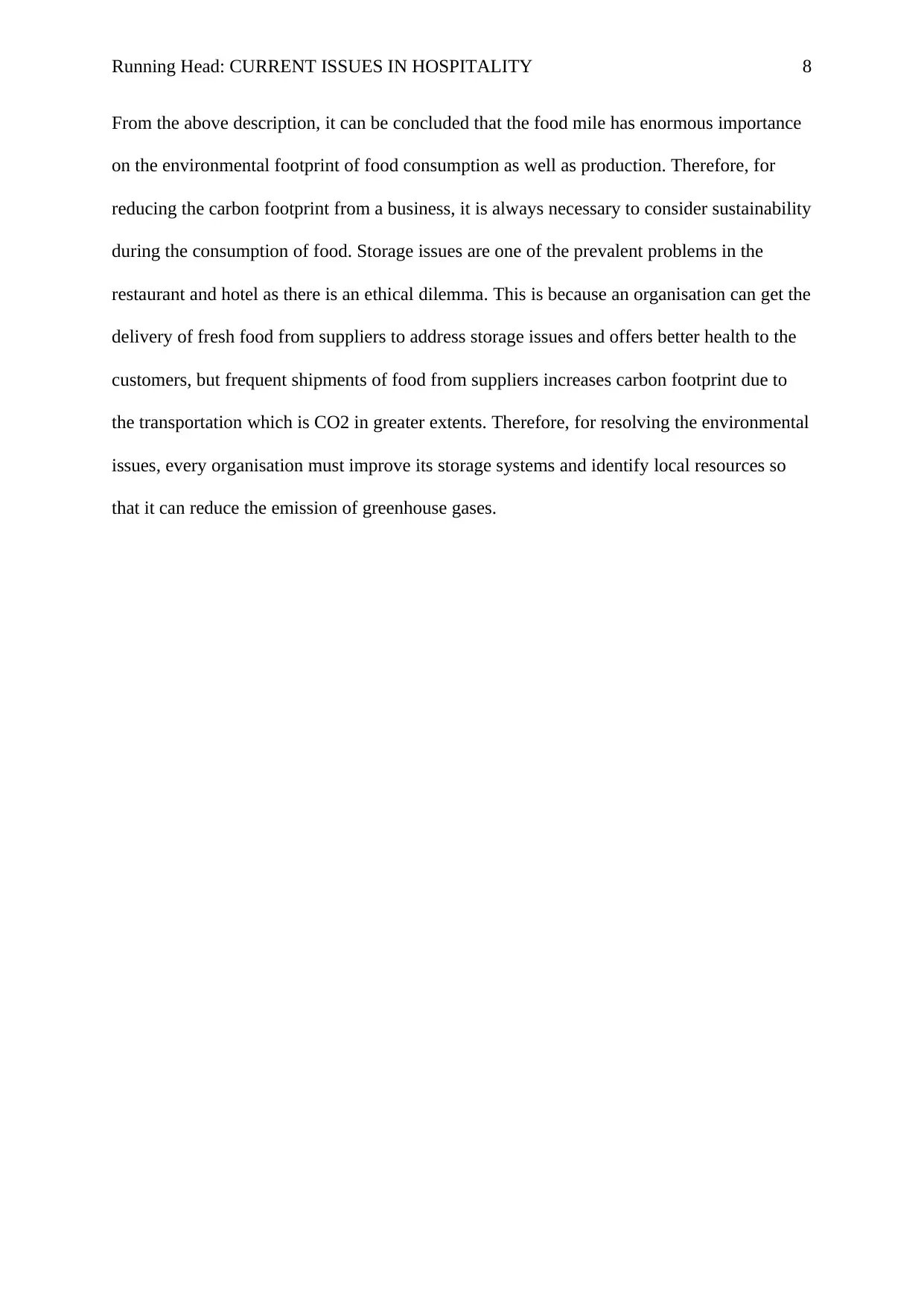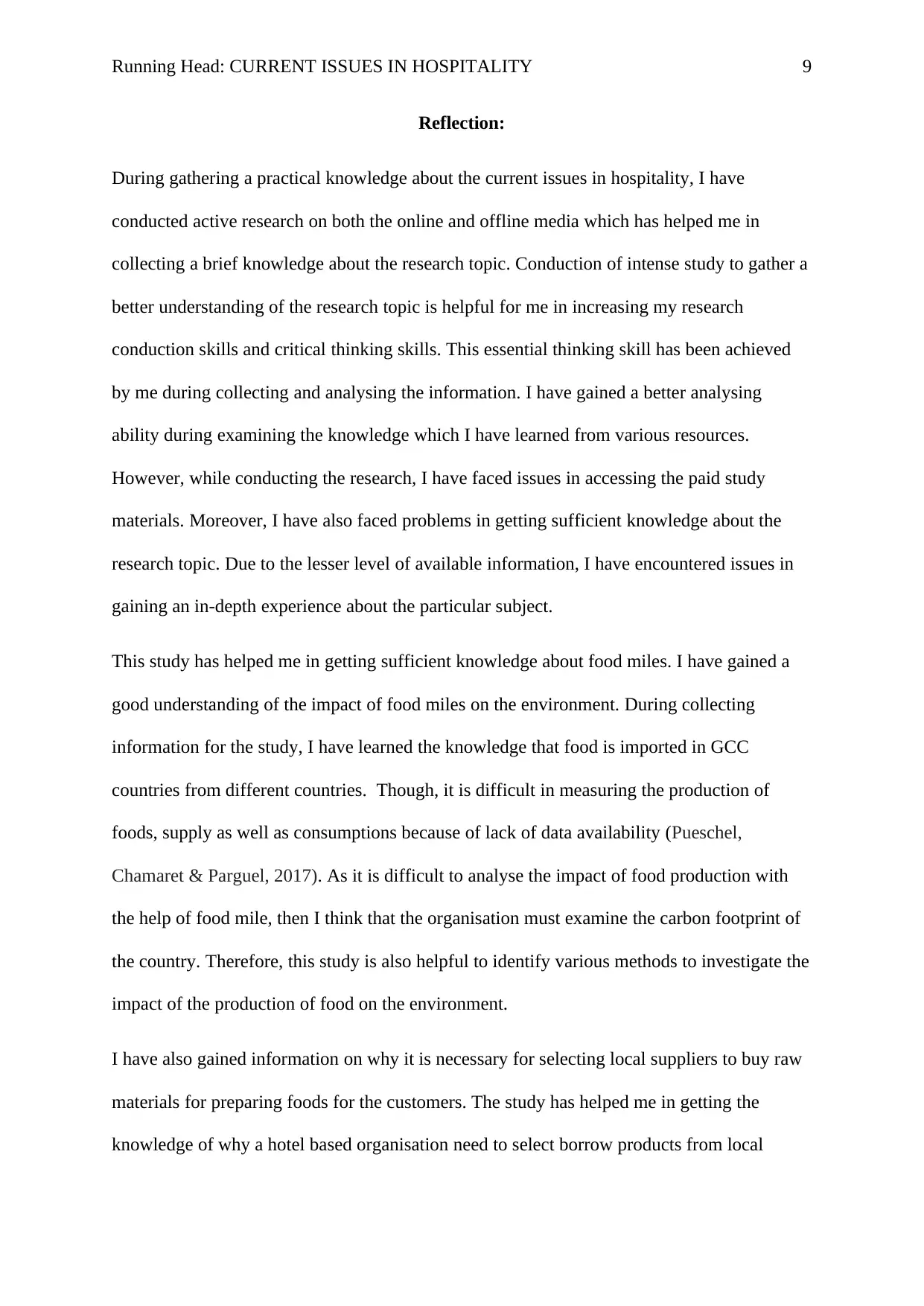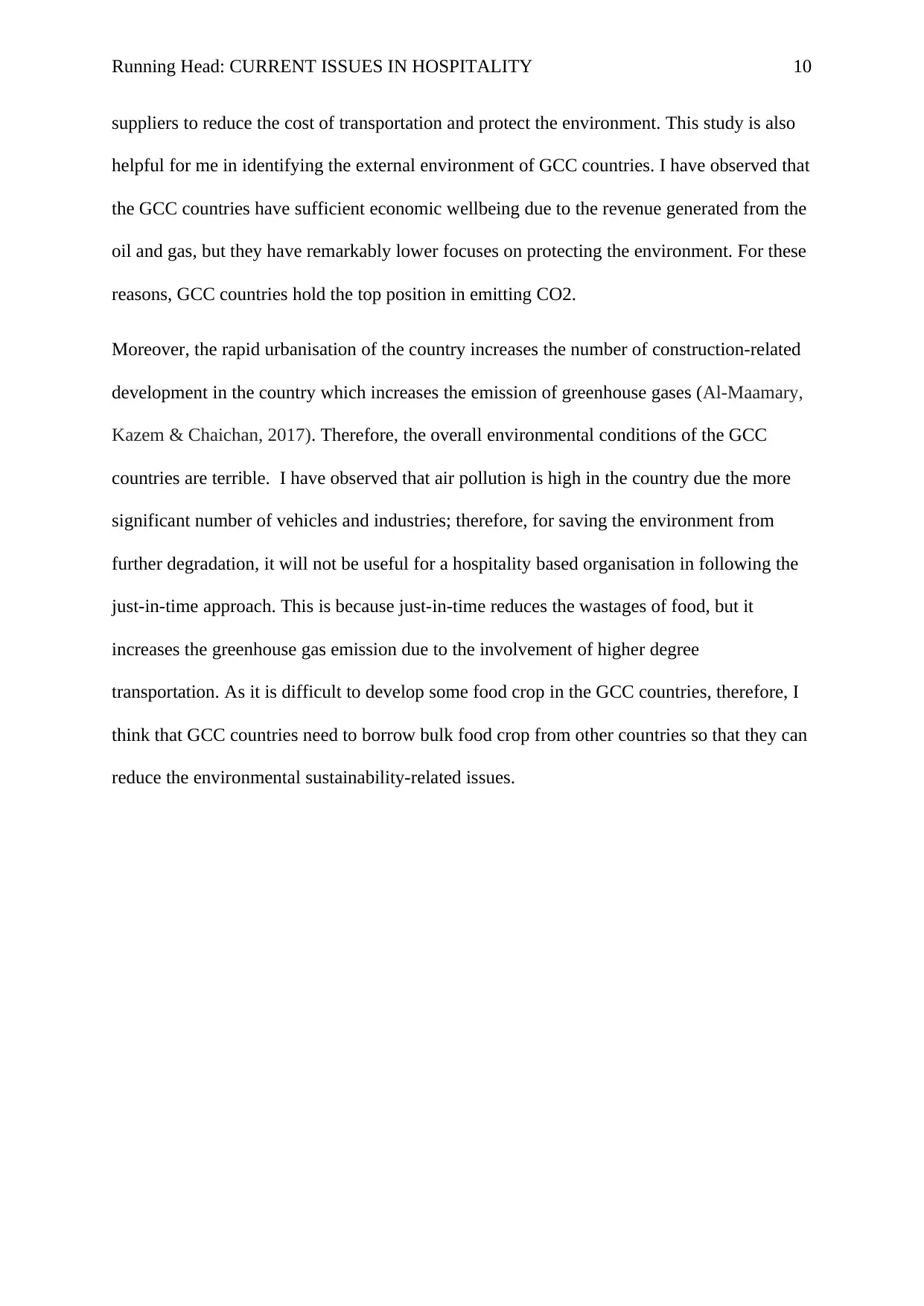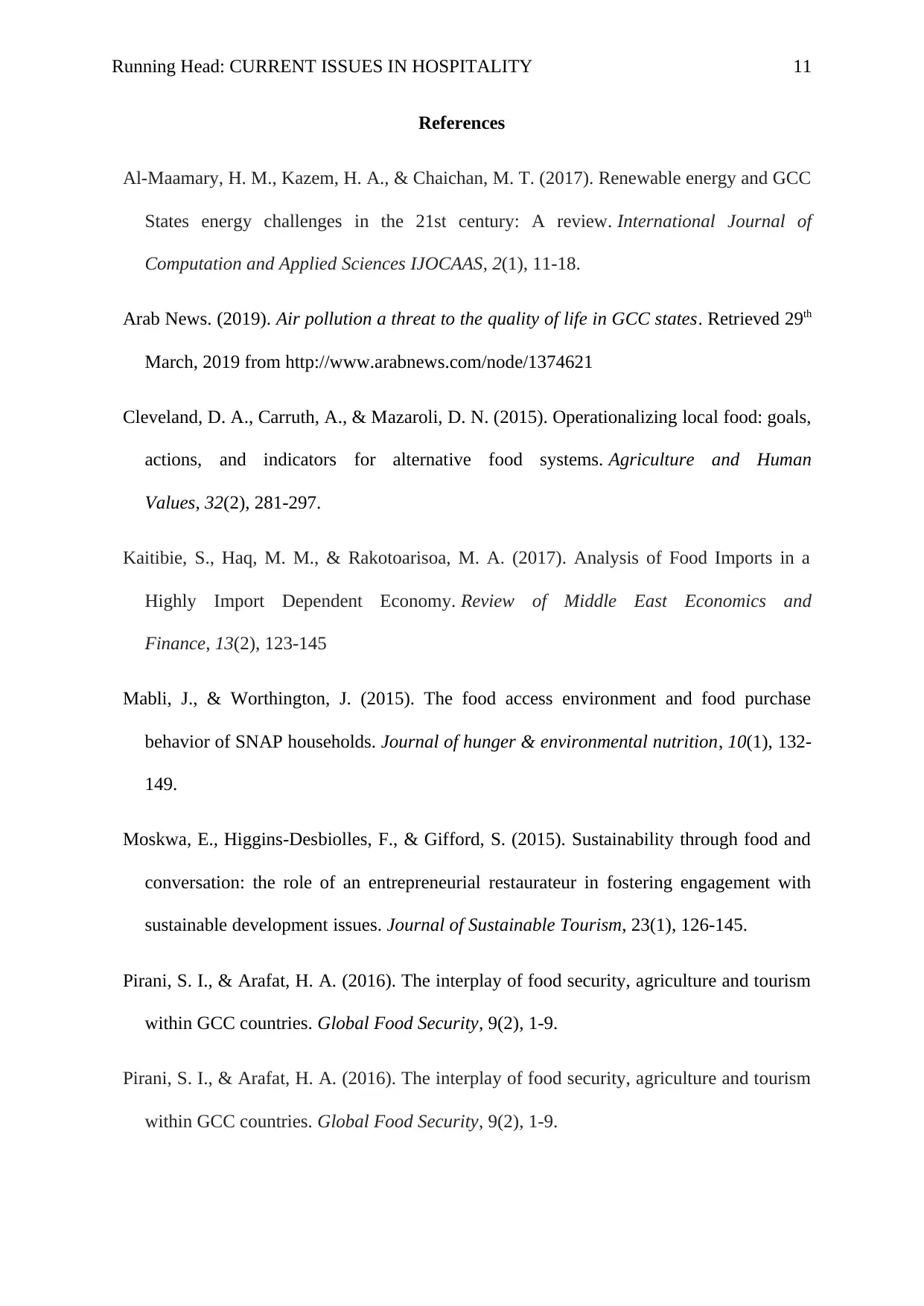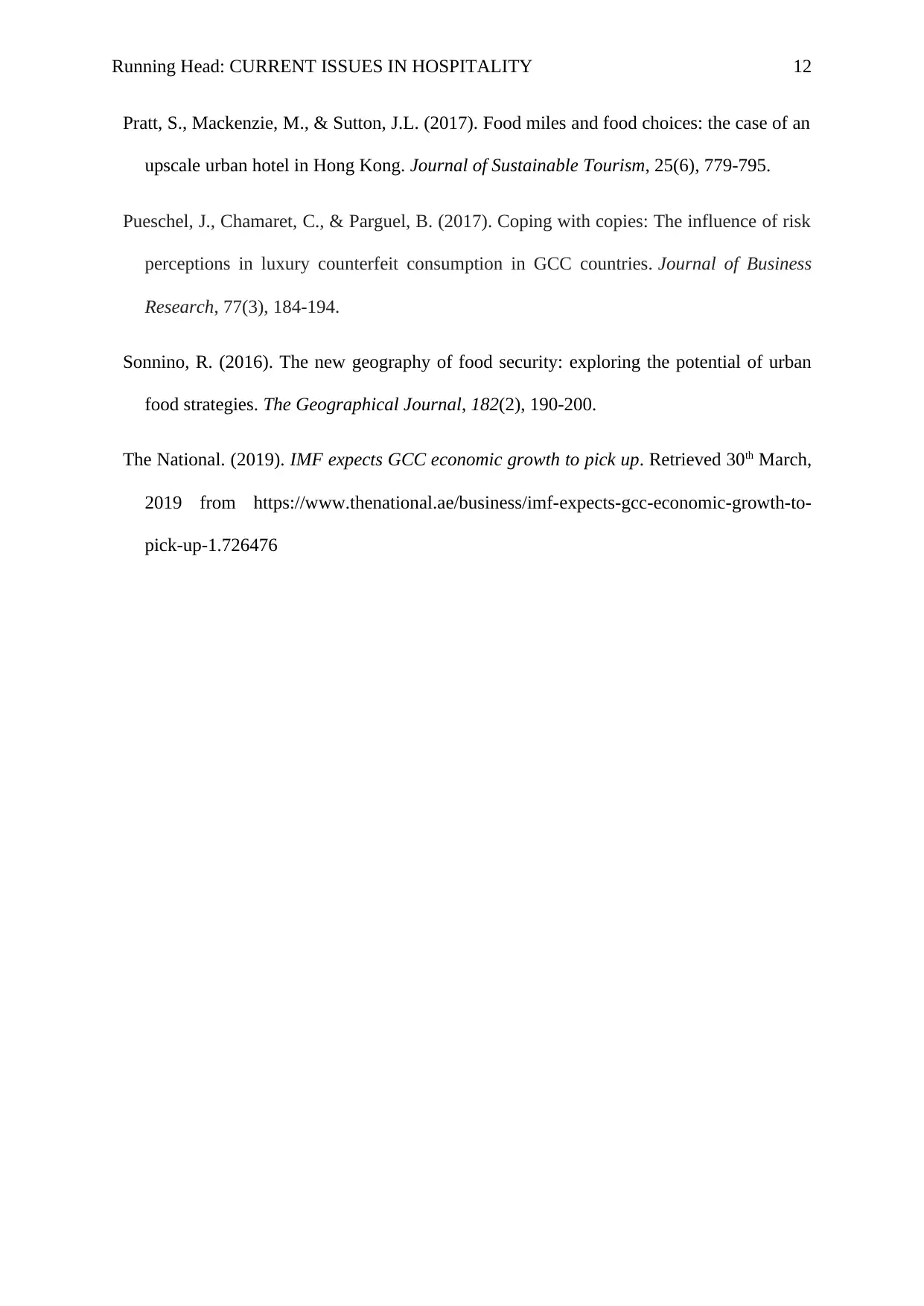Current Issues in Hospitality: Food Miles, Sustainability, and Storage
VerifiedAI Summary
This report discusses the current issues in the hospitality industry, focusing on food miles, sustainability, and storage. It explores the concept of food miles and its limitations in measuring the impact of food production. Alternative methods to assess the effects of food are also discussed. The report identifies specific issues faced by the hospitality sector in the GCC region and provides short-term and long-term action plans to resolve them. It emphasizes the importance of reducing food miles and offers recommendations for improving storage systems and sourcing locally. The report concludes with a reflection on the research process and the significance of considering sustainability in food consumption.
![[object Object]](/_next/static/media/star-bottom.7253800d.svg)
![[object Object]](/_next/static/media/star-bottom.7253800d.svg)
